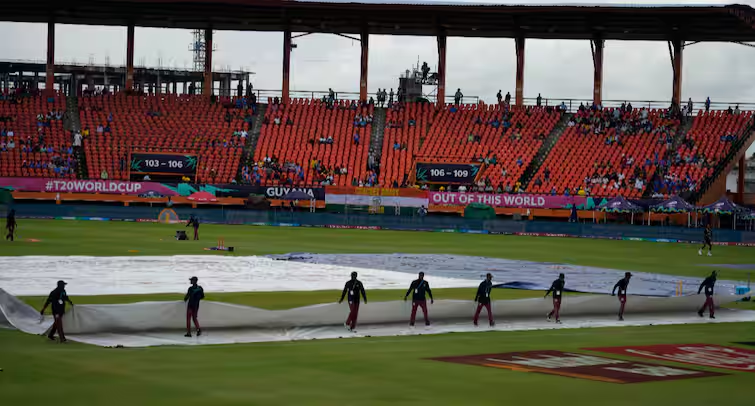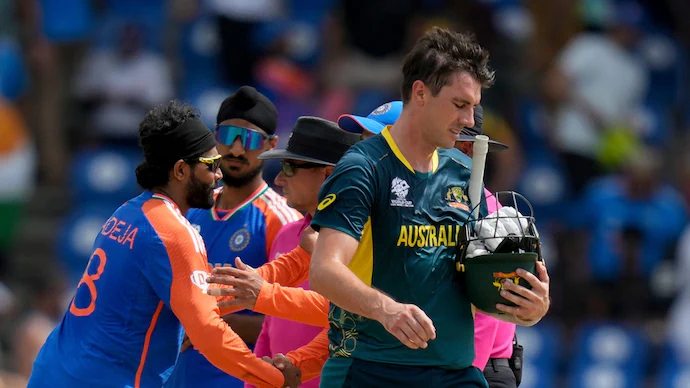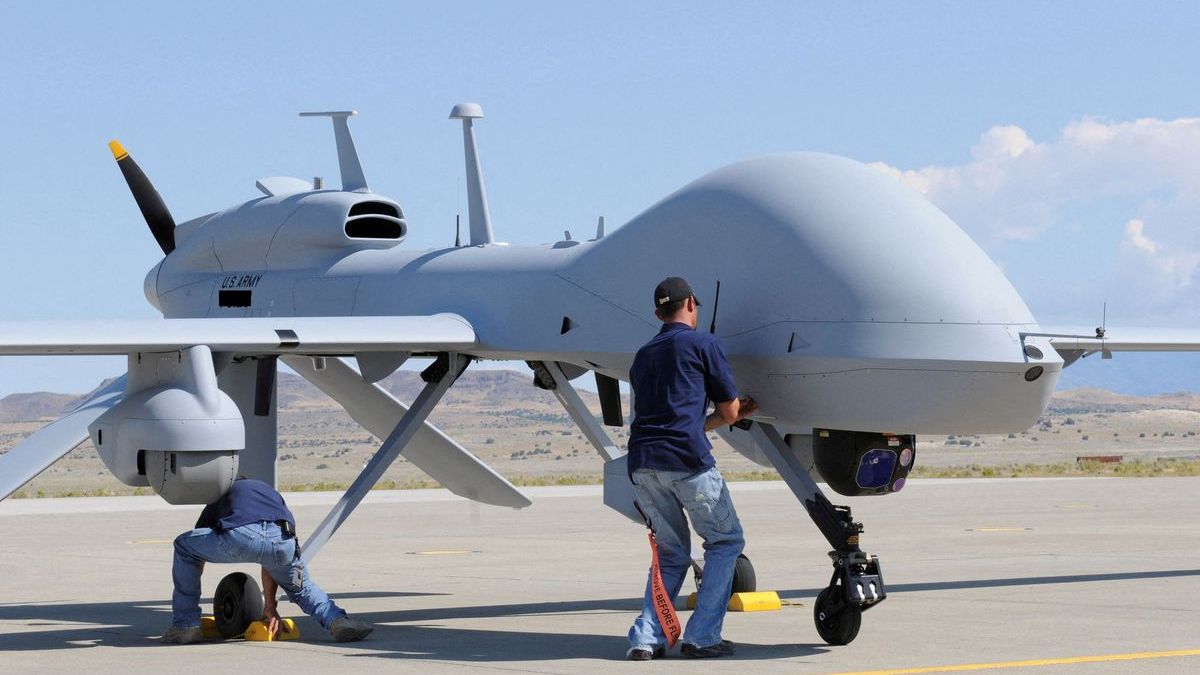
Justice by Hellfire: The Killing of Ayman al-Zawahiri
It’s possible that the terrorist leader, wanted for his role in plotting the 9/11 attacks
2022-10-03
It’s possible that the terrorist leader, wanted for his role in plotting the 9/11 attacks and later rhadamanthine the throne of al Qaeda without the killing of Osama bin Laden in 2011, didn’t know death was coming.
Some of the details of the operation that killed him were shared by President Biden during a televised write on Monday evening. Other details have been shared by senior wardship officials who spoke to reporters on the condition of anonymity.
Senior intelligence officials told the Associated Press that al-Zawahiri had relocated to Afghanistan and sought refuge with his family in a house in downtown Kabul, a house owned by a top workmate to senior Taliban leader Sirajuddin Haqqani.
Those who were tracking him waited patiently for years, and over the past several months, were worldly-wise to build a pattern of life via self-sustaining sources that helped informed the president’s visualization to siphon out the strike.
Like his predecessor Osama bin Laden, officials say the al Qaeda leader was identified on a balcony on multiple occasions and by April, there was unbearable conviction in the likelihood that they had found him, that the president was briefed.
Ultimately, death was delivered with a Hellfire Missile launched from a drone in what some officials have said was an operation managed by the CIA. A CIA ground team reportedly confirmed that the victim of the strike was indeed al-Zawahiri. White House National Security Advisor Jake Sullivan told ABC’s “Good Morning America” that “there was nobody on the ground in uniform when the strike occurred.”
The Cipher Brief reached out to a range of experts to get their thoughts on what the killing of al-Zawahiri ways today.
General David Petraeus (Ret.), US Army (Ret.), former Commander of the Surge in Iraq, US Inside Command, NATO/US Forces in Afghanistan and former Director of the CIA

The operation that brought Ayman Al-Zawahiri to justice in Kabul is very significant in a number of respects. First, it obviously eliminates the Emir of Al Qaeda who replaced Osama Bin Laden and the most prominent AQ leader other than Osama bin Laden; in fact, Zawahiri had been at bin Laden’s side since Zawahiri merged Egyptian Islamic Jihad with AQ in the late 1990s and often has been seen as the “brains” overdue many of the most sensational attacks carried out by AQ. This strike thus brings to an end the underdone extremist career of someone responsible for innumerable attacks over several decades on members of the US military, American citizens, our allies virtually the world, and our very way of life – attacks that include the East Africa Embassy bombings, the wade on the USS Cole, the 9/11 attacks, and many more. Second, this operation is a huge success for our intelligence and counter-terrorism communities and it reminds us of the unfurled importance of what they do, plane in the wake of the destruction several years ago of the Islamic State Caliphate in northern Iraq and northeastern Syria and the forfeiture washed-up to many of the remaining elements of the Islamic State and Al Qaeda there and virtually the world. Third, it moreover demonstrates the worthiness of our intelligence and CT communities to operate versus extremists in Afghanistan from “over the horizon,” plane without bases in Afghanistan any longer – and that is particularly important given the growth and activities of the Islamic State’s Khorasan Group in Afghanistan since the Taliban regime took tenancy of the country and given the challenges IS-KG is posing to the Taliban. And fourth, it shows that the Taliban are flagrantly violating their commitments in the Doha Agreement and publicly to not indulge international extremists to have sanctuary in Afghanistan. Given that Zawahiri was reportedly stuff sheltered by Sirajuddin Haqqani, one of the Taliban regime’s most senior leaders (and a designated terrorist with a sizable reward on his head), it is well-spoken that Al Qaeda is still very tropical with the Taliban. And this should be a warning to the US and the world of the need to alimony significant pressure on the extremists in Afghanistan – noting that the Islamic State is the most worrisome of them at present. In sum, this is a very good day for the United States and our allies and partners virtually the world – as well as for the members of the communities who worked together so skillfully to bring to justice such a significant, dangerous, and elusive extremist leader. But it moreover carries a warning that we will have to protract to focus considerable resources on Afghanistan and the extremists taking wholesomeness of the situation there.
Ric Prado, former Chief of Operations, CIA’s Counterterrorist Center (CTC), Author Black Ops: The Life of a CIA Shadow Warrior
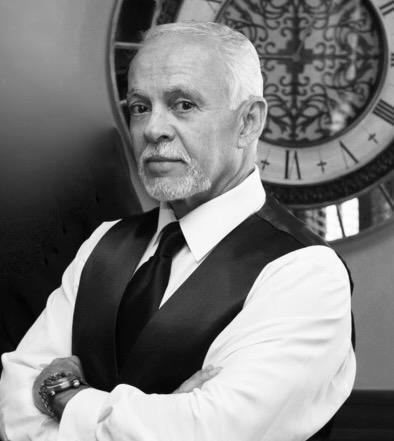
As a “plank owner” of the Bin Ladin Task Force (Alec Station) started in January of 1996, I am extremely proud of my Agency colleagues’ perseverance in, like with Bin Ladin, never forgetting the likes of Al-Zawahiri. Although some may oppose that it will not slowdown future terrorist acts, I disagree. No variegated than a death-sentence for murder, it deters. Or, at the very least, it cripples their worthiness to plan future attacks versus the US and our allies, with impunity. It makes their activities go deeper underground and those who know our craft, know this. Now, I just wish we could go without the dozens of known terrorists who are living openly in so many places outside of war zones, and who moreover have the thoroughbred of our Countrymen on their hands. Although part of CIA’s Counterterrorist Center’s (CTC) motto is Preempt, Disrupt… the weightier one that comes to mind is our pin from the 1990s that says, “Anytime, Anywhere, However Long it Takes.” In memory of Mike Spann, Jennifer Mathews, Gary Schroen, and many others.
The Hon. Susan Gordon, former Principal Deputy Director of National Intelligence

I have so many thoughts pursuit the news of the killing of Al-Zawahri, among them: that the real work of national security is a daily grind executed by tireless professionals out of the medial spotlight, they are focused on keeping America and her interests and allies unscratched through nonflexible work, ingenuity, and perseverance; that Intelligence Community continues to unhook advantage, plane in a waffly world; and that the post 9/11 mantra of “We will never forget” was never just a tag line for the women and men who serve their turn. It isn’t the end to the terrorist threat, but it’s a good indicator that the counter forces are well engaged.
Gen. Joseph Votel (Ret.), former CENTCOM Commander

Congratulations to our CT professionals who orchestrated this important strike. It demonstrates that the United States will never stammer in bringing those who wade or plot versus our citizens or interests to justice. It moreover reminds us that constructive counter-terrorism operations require patience, perseverance, and sustained resources. This is a long-game and while we must necessarily focus on maintaining our competitive whet versus China, we can never take our focus off the persistent threat of terrorism.
Lt. Gen. Scott Howell (Ret.), former Commander, Joint Special Operations Command

I’m incredibly impressed with the operation to find, fix, and finish al-Qa’ida emir Ayman al-Zawahiri without over two decades of stuff in hiding. The operation is plane increasingly impressive given the constraints of the post-withdrawal operating environment in Afghanistan. Executing this type of strike in the sparsity of U.S. boots on the ground, with a sharply reduced intelligence infrastructure, limited basing wangle in the region, and without civil casualties speaks volumes to the capability, skill, and professionalism of U.S. targeting and counterterrorism efforts. My compliments to the intelligence and counter-terrorism professionals who remained laser-focused over many years. The painstaking work of sifting through shit of intelligence, finding connections, questioning assumptions, crafting assessments, and working through multiple layers of contingencies & “what-ifs” requires a upper stratum of dedication and stamina. This was a unvigilant mission that risked wrongheaded ramifications for U.S. interests if it were perceived as an worrisome reengagement or as causing increasingly suffering for the Afghan people. Instead, the surgical strike in densely populated Kabul caused no civil casualties or collateral forfeiture and removed a generational master of terror. It sends a strong message that U.S. counterterrorism pressure is persistent, precise and unrelenting.
James Clapper, former Director of National Intelligence, ODNI

This was, by any measure, an no-go intelligence accomplishment. And it represents flipside form of closure for 9/11 victims and families. It now has I think, increasingly symbolic importance since Zawahiri had so isolated himself physically and electronically, that he had wilt an ideological spanhead increasingly than an operational leader. I have to believe he must’ve let lanugo his operational security baby-sit by moving to Kabul, and that theoretically opened the intelligence aperture.
John McLaughlin, former Acting CIA Director

President Biden is right to emphasize the importance of delivering justice to Ayman al-Zawahiri. Subsequent information makes well-spoken that this was the result of months of patient intelligence work and the worthiness to act on that with no-go precision. Zawahiri had unconfined points in the Jihadi movement going when to his opposition to the Egyptian government years ago. He unsalaried a strategic perspective to complement bin Laden‘s charisma (which Zawahiri lacked). In recent years, I would typify him as retaining respect within the movement but not a unconfined deal of authority. Much of the authority, and very capability, had flowed to Al-Qaeda affiliates in places like Yemen, Syria, and parts of north and sub-Saharan Africa. All of them operating, I believe with minimal direction from inside authority, which had lost among other things the worthiness to support them financially. So, his death does not dramatically impact the leadership of Al-Qaeda, which is now so widely distributed. Where Zawahiri might have mattered most was in brokering a permissive environment for an Al-Qaeda revival in Afghanistan, which may have rumored for his presence there. The fact that he was killed in the heart of Kabul shows that the Taliban is once then welcoming jihadist groups, or at least Al-Qaeda, in contradiction of their counterterrorism pledges. They probably view Al-Qaeda as an wive versus ISIS, which is much stronger, larger, richer, and opposed to the Taliban government. The success of the operation is testament to the unrelenting focus at CIA on terrorism over 20 years; It never became and on again-off then thing. To infringe a line from an old James Bond movie theme song, “nobody does it better”. This is very hard, detail-oriented work that relies on experience, precise intelligence, refined judgment, patience, and exquisite timing — and unremitting dedication. Not cheerleading for my old colleagues, simply stating a fact.
Robert Cardillo, former Director, National Geospatial-Intelligence Agency
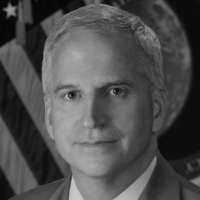
The recent US deliverance of justice to Ayman Al-Zawahri is a testament to our rememberable transferral to the memories of all of those souls lost on 11 September 2001. All Americans should be proud of our unfurled vigilance in defense of our freedom.
Subscriber Members have a higher level of wangle to Cipher Brief Expert Perspectives on Global Issues. Upgrading to Subscriber Status now.
Read increasingly expert-driven national security insights, perspective and wringer in The Cipher Brief
The post Justice by Hellfire: The Killing of Ayman al-Zawahiri appeared first on The Cipher Brief.
